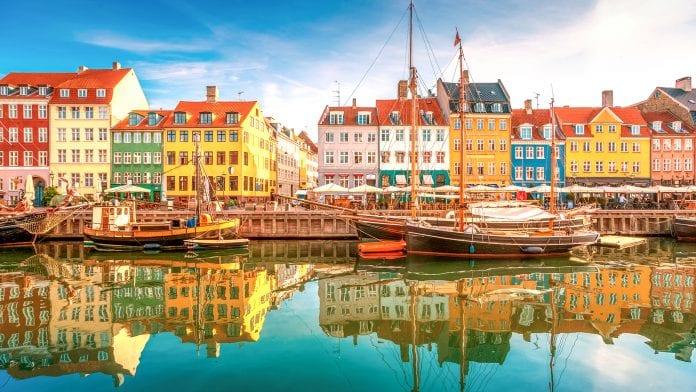
Treated.com accumulated expansive data on 46* of Europe’s capital cities and have named Copenhagen the healthiest.
The cities were ranked on a number of variables that were directly related to those who reside in Europe’s capitals.
They were ranked on a number of variables such as that relate closely to the health of those who reside in Europe’s capital cities and ranked each city accordingly. Factors included things like life expectancy, the percent of GDP allocated to healthcare and the cost of fruit and vegetables.
Below are some key findings from the data, all of which can be viewed here:
- The data reveals that Copenhagen (DK) is Europe’s healthiest capital city. Copenhagen has the second highest quality of life, second lowest CO2 emissions and the third highest quality of drinking water.
- The second healthiest city in Europe is Vienna (AU)
- Bern (CH) is ranked third, despite it being the most expensive capital city for the monthly fee of a gym membership and 2nd most expensive city to purchase fruit and vegetables.
- The UK’s capital, London, placed a respectable 13th out of 46.
- The lowest ranked capital city was Baku (AZ). It scored negatively across a number of variables – including having the second lowest quality of water, second lowest overall quality of life and low life expectancy.
- Some of the lower ranking cities included: Moscow, Bucharest, Rome and Ankara.
Daniel Atkinson, GP clinical lead at Treated.com said: “Not only are these variables representative of our physical wellbeing, but they also relate to our psychological health. The quality of green spaces is a prime example of this. People need decent green spaces in their cities because they’re oxygen rich, of benefit to the respiratory system and can be prime locations to exercise freely.
Psychologically, however, they’re also very significant – one study demonstrates this by revealing that 90% of people feel green spaces play a positive role in relation to their happiness and wellbeing.
Other variables such as the overall quality of life, quality of air, quality of water and CO2 emission index all relate to our psychological health as well as physical.
However, perhaps interestingly, a lot of capital cities where these variables are expensive still rank considerably highly overall. Take Copenhagen, for example, where it’s generally very expensive to buy healthy food. It still manages to place first. There is an argument to be made about how VAT and taxes on organic produce are redistributed.
Walking and cycling in place of driving will help to reduce CO2, but exercise is also of benefit to our personal health – both physical and psychological – so the percentages of people walking or cycling to work have been included as its own variable in our study.”
*Andorra, Liechtenstein, Monaco and Vatican City were left out from the research as their datasets were deemed too small or unreliable.
























